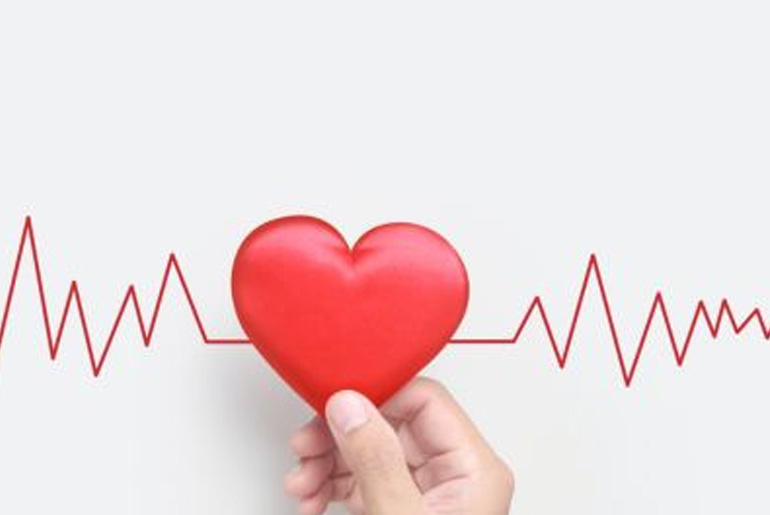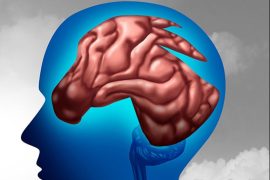Heart disease is increasingly affecting women and remains one of the leading causes of death, yet early symptoms are often misinterpreted or overlooked, leading to delayed medical intervention. Many heart-related symptoms in women are underdiagnosed or mistaken for less serious issues. Raising awareness, recognizing warning signs, and taking proactive measures toward heart health are essential in preventing serious complications and improving outcomes.
Key Heart Symptoms:
- Persistent Fatigue: Feeling unusually tired despite adequate rest could indicate an underlying heart disease. If daily activities leave you exhausted without a clear reason, take note.
- Breathlessness: Shortness of breath after mild exertion—or even at rest—may signal heart trouble. Women often mistake this for anxiety or a respiratory issue, delaying medical care.
- Chest Pressure or Discomfort: Rather than sharp pain, women often describe heart-related discomfort as tightness, squeezing, or an uncomfortable sensation that may come and go.
- Pain in the Neck, Jaw, Back, or Shoulders: Heart-related pain isn’t always felt in the chest. Discomfort in the neck, jaw, upper back, or shoulders can be mistaken for muscle strain or stress.
- Nausea, Indigestion, or Stomach Discomfort: Heart symptoms can mimic digestive issues. Persistent nausea, vomiting, heartburn, or a heavy sensation in the stomach, especially with other symptoms, should not be ignored.
- Dizziness or Lightheadedness: Feeling faint or as if you’re about to pass out may indicate reduced blood flow to the brain, a potential warning sign of heart problems.
- Cold Sweats: Breaking into a cold sweat without physical exertion could be a red flag. Women sometimes confuse this with hot flashes or anxiety-related sweating.
- Swelling in the Lower Body: Swelling in the legs, ankles, or feet may suggest that the heart isn’t pumping blood efficiently, leading to fluid retention that worsens over time.
If you experience any of these symptoms, seek medical attention promptly. Early detection can save lives!
Steps to Protect Your Heart Health
Eat a Heart-Healthy Diet: Include plenty of fruits, vegetables, whole grains, lean proteins, and healthy fats. Limit processed foods, excess salt, and added sugars.
- Stay Active: Aim for at least 150 minutes of moderate-intensity exercise per week, such as brisk walking, cycling, or swimming.
- Manage Stress: Practice relaxation techniques like deep breathing, yoga, or mindfulness meditation to reduce stress and support heart health.
- Monitor Key Health Indicators: Regularly check your blood pressure, cholesterol, and blood sugar levels to detect and manage potential risks early.
Would you like me to add more details or recommendations?
Disclaimer:
The information contained in this article is for educational and informational purposes only and is not intended as a health advice. We would ask you to consult a qualified professional or medical expert to gain additional knowledge before you choose to consume any product or perform any exercise.







